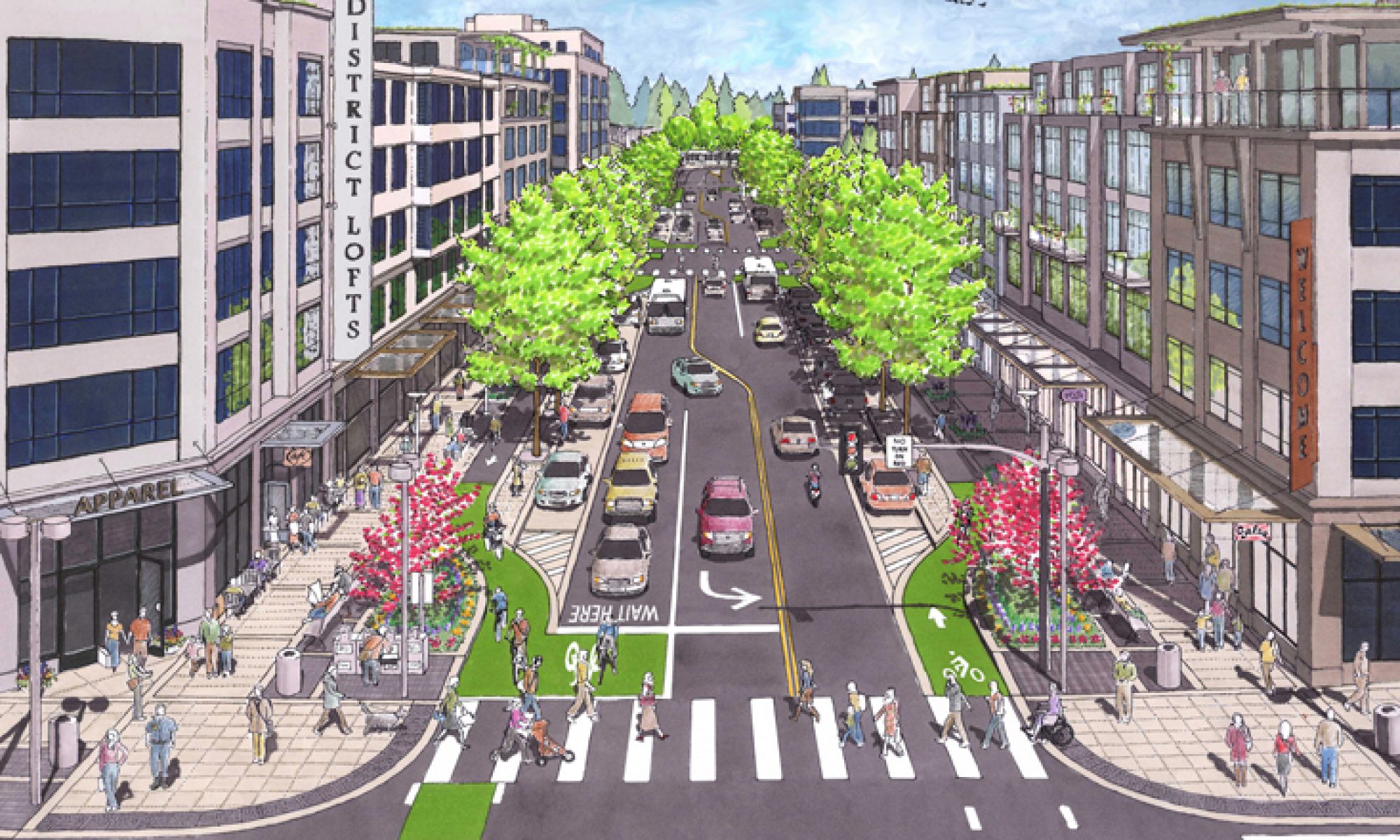The outbreak of COVID-19, is one more strike against mass transit with public health agencies urging people to avoid public gatherings, and “social distancing. “It’s still early to know exactly how this will unfold, but without proper mitigation efforts from local governments, we could be feeling the effects of coronavirus on public transportation service for years to come.”
Mass transit has pretty much always had a bad reputation in popular culture – bus and subway riders in film are often depicted as poor and derelict at worst, and just short of miserable at best.
Ride share like Uber and Lyft has chipped away at transit ridership, flooding streets with more cars, and undermining struggling transit systems. “The legacy of these companies amounts to a warning to the public and policymakers: If you do not provide people with good transportation options, they will take bad ones.”
One way for people to avoid exposure during the outbreak of COVID-19 is to ride bikes, but in some cities like NYC, with “cyclists are reporting huge increases in biking this week” the conditions for bicyclists are not optimal, and the administration isn’t currently planning to focus on better bike infrastructure, as seen in this film: Streetfilms: Biking is the Way to Beat Coronavirus.
As spring approaches in Asbury Park we can get around within this 1.4 mile sq. city on foot, on bikes, and we can utilize other micro-mobility options as they become available. Supporters of Asbury Park Complete Streets Coalition can continue to lobby for more and better infrastructure for walking and biking in the city, now and onward.





